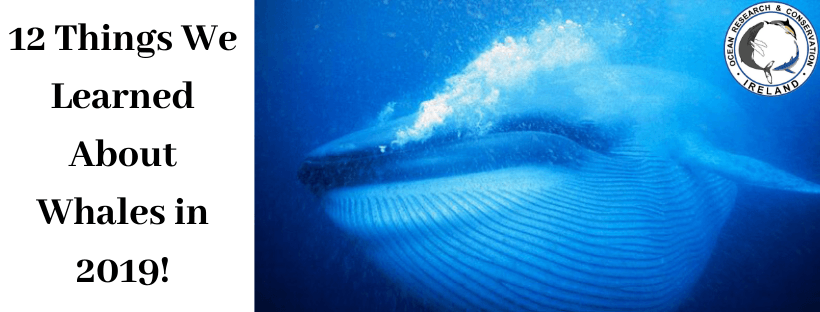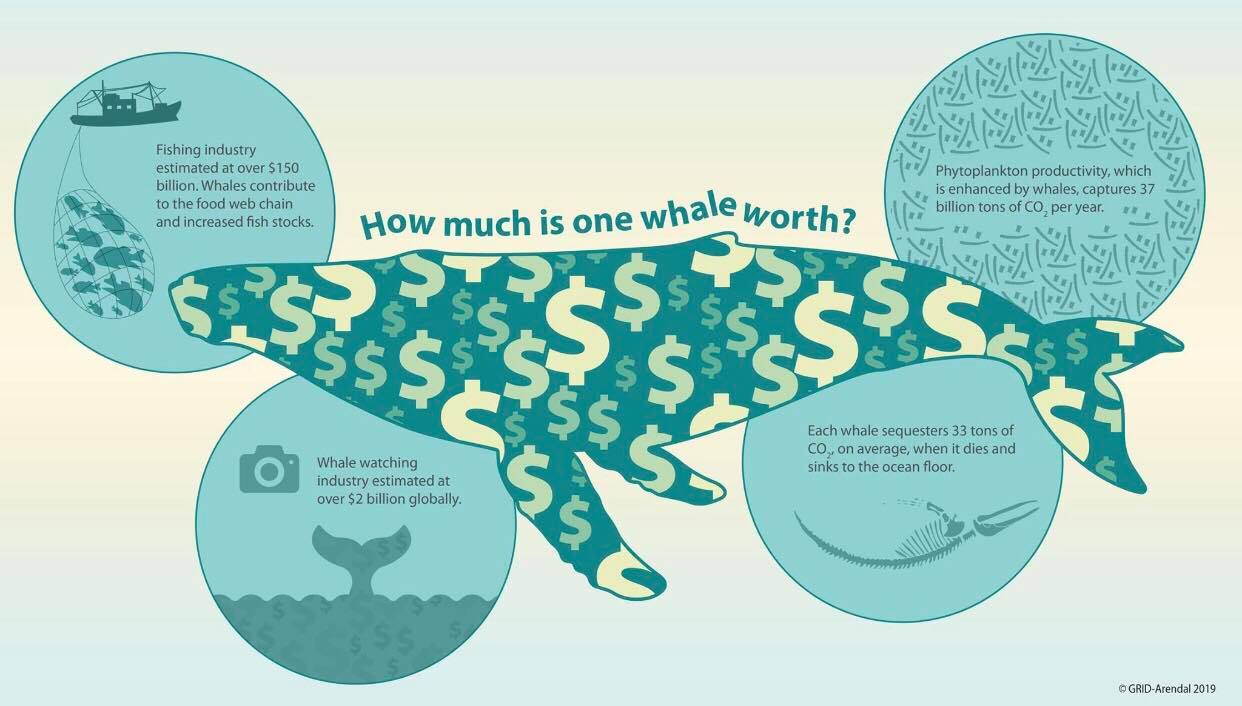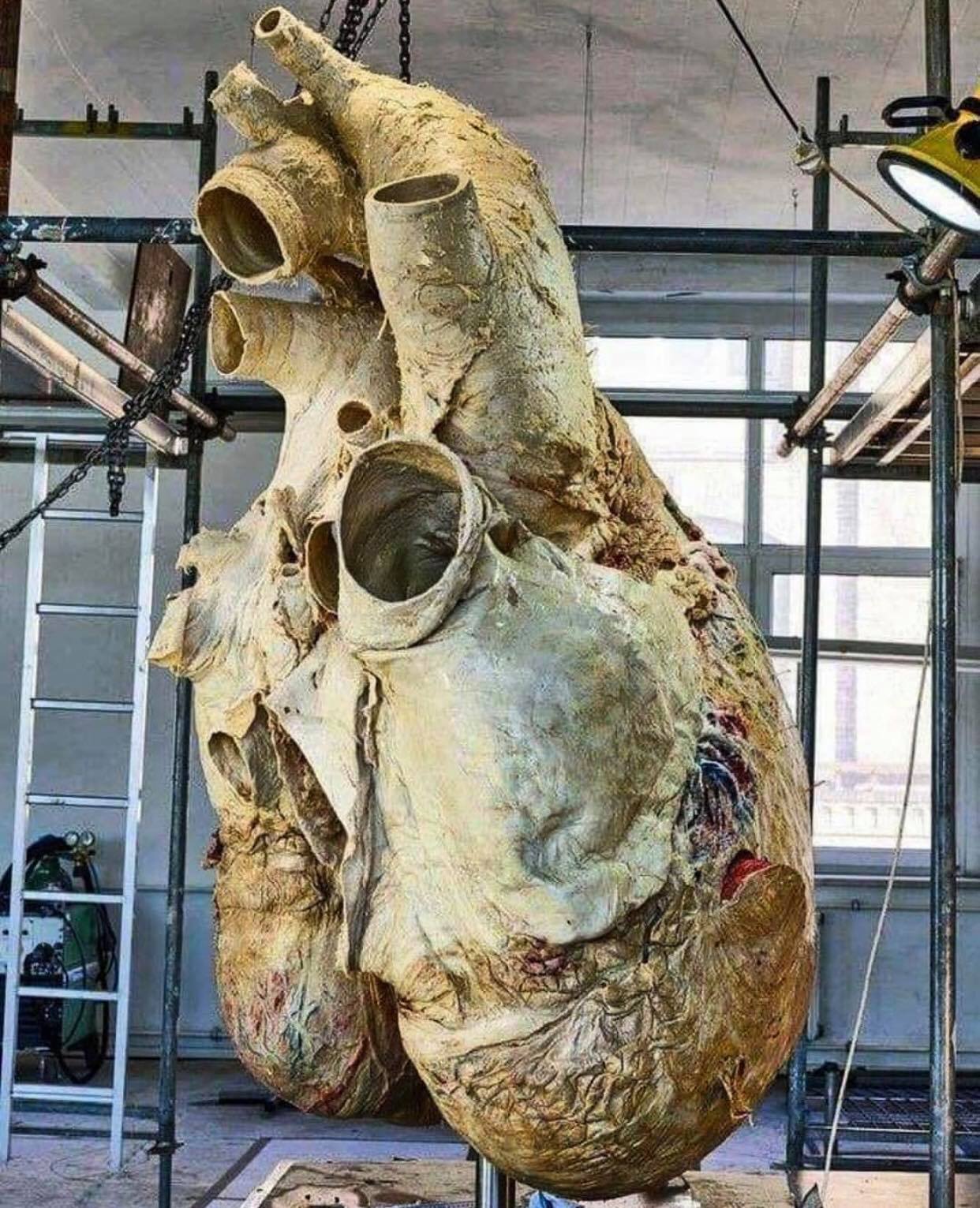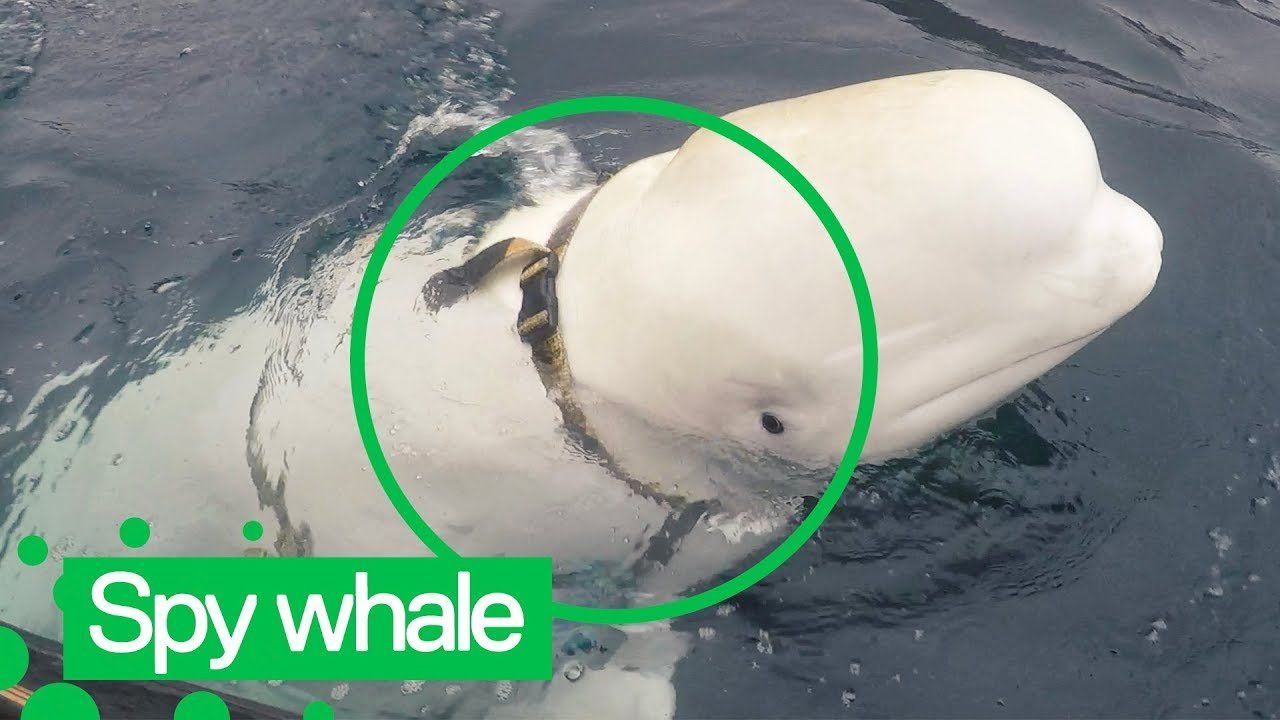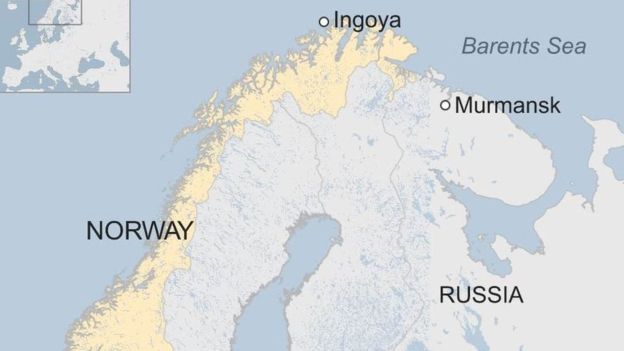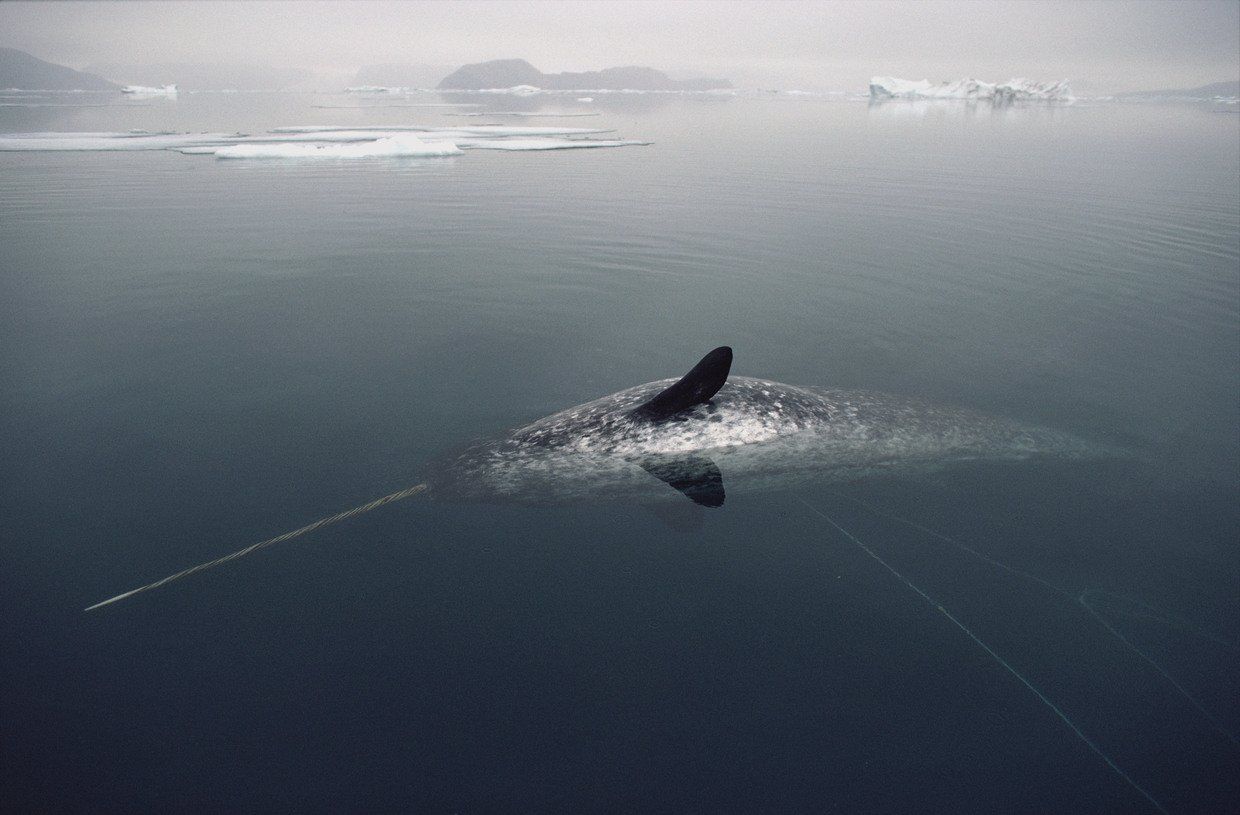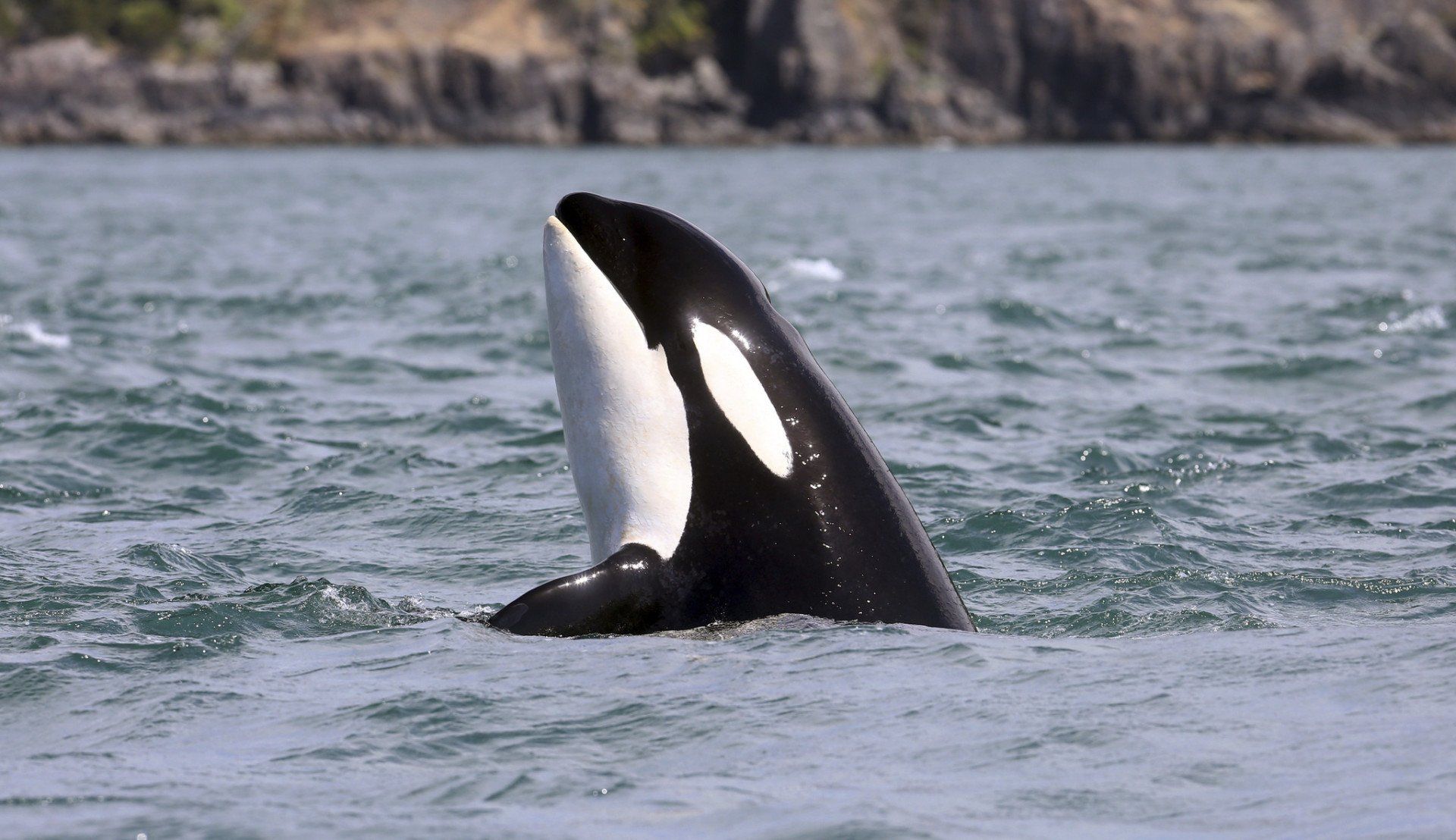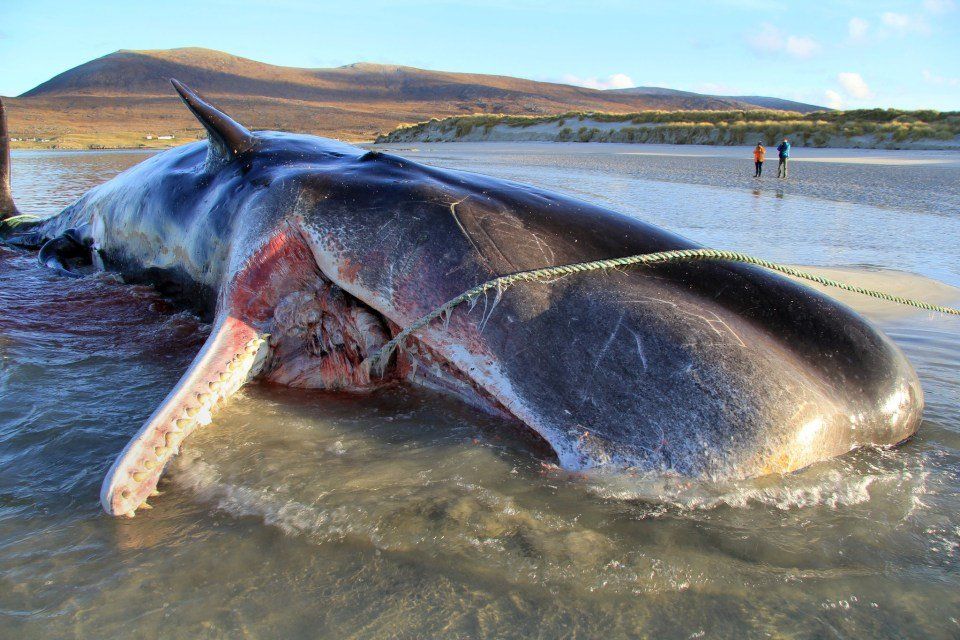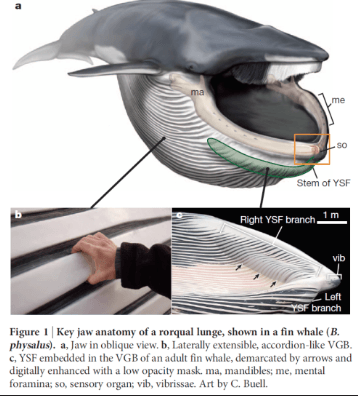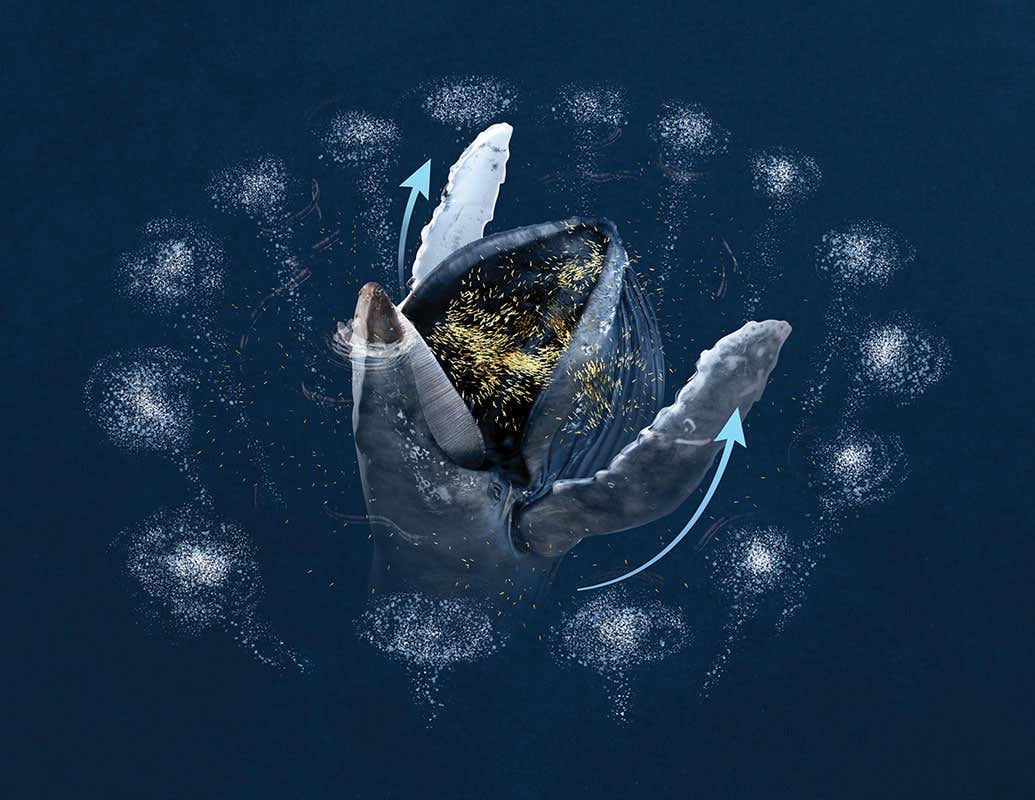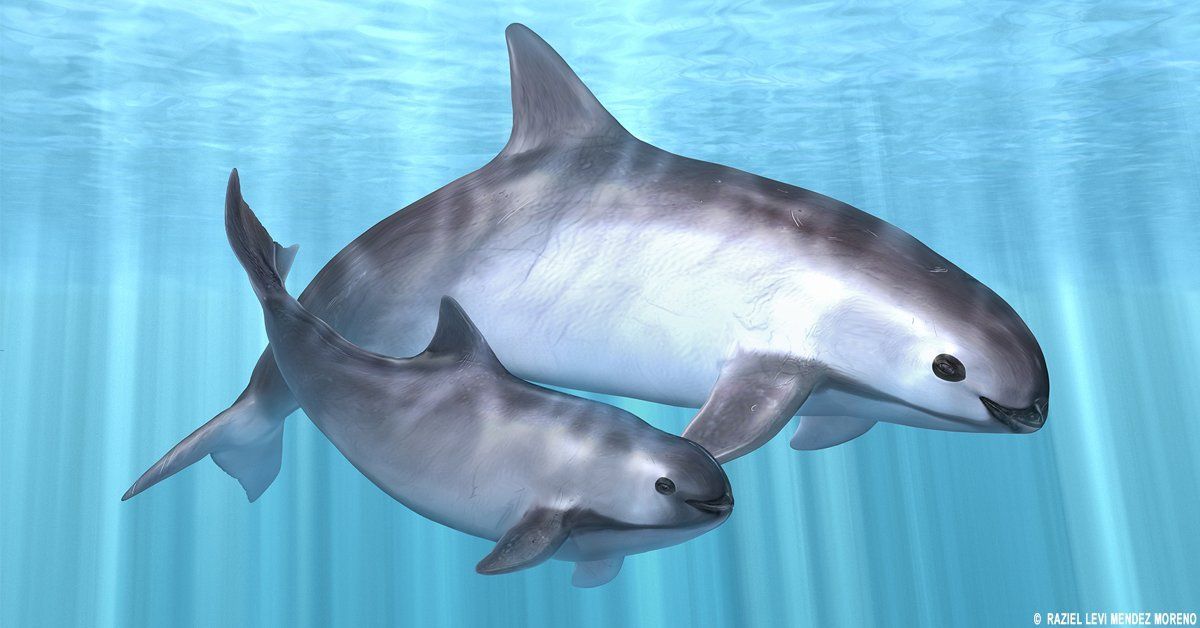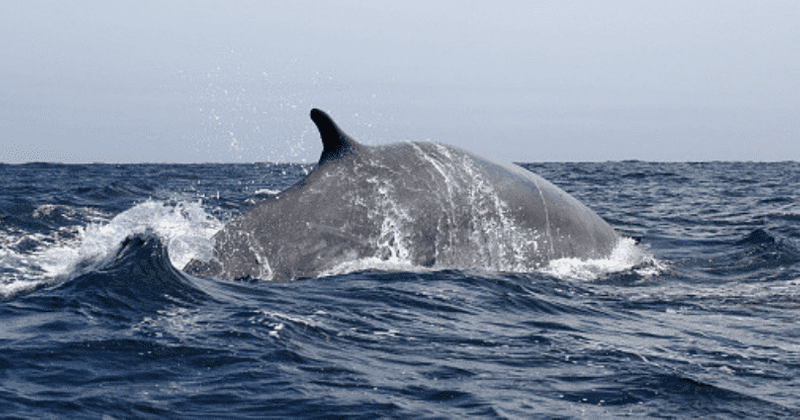Twelve Things We Learned About Whales in 2019!
12 Thing We Learned about Whales in 2019
27th of December 2019 - ORCA SciComm Team.
Cetaceans are threatened by a range of human activities and every year conservation and citizen scientists efforts around the world make strides in advancing our understanding of marine wildlife and the threats they face! Here is a compilation of some of the things science has helped us learn about whales in 2019.
1. Memory of a Blue Whale:
In 2019, scientists discovered that blue whales have a better memory than previously thought and can showed that they can remember where they have been and they know where they are going! This may not be of surprise as Cetacea have the greatest absolute brain size among animals, and the largest relative brain size aside from humans.
Dr. Nick Pyenson and colleagues used satellite tags to track blue whales and found that they use their exceptional memories along their migrations to target patches of prey that were consistently reliable over decades, rather than the relying on immediately available "hot-spots". Therefore, reduce the risk of not finding food but how these whales find places that they remember remains a question to answer next year.
Blue whales were nearly hunted to extinction in the early 20th century because of industrial whaling: (99% of the blue whale population in 1900 was taken by 1970). Among the 3 million gentle giants slaughtered during the whaling era, were sei, fin, humpback, sperm and right whales.
Extant whales today have also inherited a dangerous ocean. While whaling has largely ceased worldwide since the 1980's, with the exception of Iceland, Norway and most recently Japan (who have re-commenced commercial whaling), thanks to an international ban on whaling. However, 200,000 or so whales are killed each year from ship strikes, entanglement in abandoned fishing nets, plastic pollution or fatal consumption of plastic debris.
2. The Value of a Whale:
We learned that whales have a huge value as carbon sinks and can help tackle climate change! Economists estimated that the value of one whale for carbon sequestration was over $2 million!
Whales can store carbon in their fat and protein rich blubber, and when a whale dies it falls to the seafloor and removes carbon from the cycle for hundreds, if not thousands of years.
Read our blog "
The economic value of a whale in the fight against climate change "
here :
3. The Heart Rate of a Blue Whale:
We learned that blue whales can drop their heart rates to an astounding 2 beats per minute on a deep dive!
The blue whale is the largest animal that has ever lived and can weigh up to 200 tonnes or 441K pounds, and reach 30 meters in length - the size of an aeroplane or three school buses. The blue whale's heart can weigh up to 180 kg, more than a fully grown cow, but is still only about 1% of the total body weight.
Read our blog "Heart rate of blue whale measured for the first time"
here .
4. Russian Spy Whale:
We met a friendly beluga whale wearing a Russian- made harness and was likely an escapee of the Russian Navy, according to Marine Biologist and cetacean expert Prof. Audun Rickardsen!
The beluga repeatedly approached Norwegian boats off Ingoya, an Arctic island about 415km (258 miles) from Murmansk, where Russia's Northern Fleet is based. There was attached really tightly attached harness around its head, in front of its pectoral fins and it had clips. There was a GoPro attachment, but no camera. It is known for some years that the Russian Navy capture and train cetaceans for combat roles.
5. A Hero with a narwhal tusk!
Two Londoners, one armed with a fire extinguisher and a brave Polish chef named Luckasz armed with a narwhal tusk fought a convicted terrorist; Usban Khan who was wearing a suicide vest and attacking innocent civilians armed with a knife, on the London Bridge in 2019. Lukasz is believed to have taken the 5ft whale tusk from the wall of Fishmongers' Hall where the attack began.
Male narwhals generally have one tusk but may have two or none. The function of the tusk is still disputed among the scientific community. The most widely accepted theory is that it is a secondary sexual characteristic, designed to show the males rank in the social structure of the pod. Narwhals also engage in a behaviour known as "tusking" where they come together and rub tusks. Recent theories suggest that the tusk can also be used to sense the environmental conditions. Studies have shown tubules and nerves that travel through the tusks can be sensitive to changes in levels of salinity. Other recent studies using unmanned aerial vehicles (UAVs) or drones have shown that narwhals can also use their tusks to stun fish.
6. Grandma whales help their grand-calves survive:
We know that some cetacean (whale, dolphin and porpoise) species go through menopause, e.g. killer whales, narwhals (
Monodon monoceros ), belugas (
Delphinapterus leucas ), and short-finned pilot whales (
Globicephala melas ). For example "Granny" a grandmother southern resident killer whale from the J pod (24 individuals), lived to be over 100 years and scientists estimate she was born around 1911, meaning she was alive when the Titanic sunk. Unfortunately "Granny" hasn't been seen since October 2016 and is presumed deceased.
Recent research has showed that post-reproductive grandmothers provide
significant survival benefit to grand-offspring more than reproductive grandmothers. In fact, after a grandmother died, her grandchildren were 4.5 times more likely to die during the following two years, in comparison to other whales in the group.
7. Plastic Pollution is deadly to whales:
This year highlighted plastic pollution as a problem to whales when a stranded sperm whale which washed up on Seilbost beach in Scotland with 100 kg of plastic debris.
The Scottish Marine Animal Stranding Scheme (SMASS), an organisation that investigates whale and dolphin mortality, discovered approx. 100 kg of plastics inside the stomach of a dead stranded sperm whale, which included fishing nets, bundlees of rope, plastic cups, plastic bags, plastic gloves, packaging and tubing.
Read more
here:
8. A new sensory organ that aids in lunge feeding discovered:
This year a new sensory organ was discovered within the chin of rorqual whales, is responsible for coordinating the biomechanics of their extreme lunge-feeding strategy. (Art by Carl Buell, arranged by Nicholas D. Pyenson / Smithsonian Institution).
Scientists from the Smithsonian Institution and University of British Columbia have solved the mystery behind how rorquals coordinate their jaw movements while lunge feeding. A newly discovered sensory organ in the chin of rorqual whales that communicates to the brain may hold the answer. The organ is responsible for the extensive adjustments needed in jaw position and throat-pouch expansion to successfully lunge feed. The research, published in
Nature, describes the organ in detail.
Read more
here:
9. Humpback whales use their pectoral fins to herd fish:
This year humpback whales have been filmed for the first time engaging in unusual feeding behaviour - using their pectoral fins to scoop fish! Humpback whales are known to corral fish into bait balls by surrounding them in streams of "bubble nets" released from their blowholes, then rise up from beneath and engulf their prey with a powerful thrust from their tail flukes, but new footage reveals some humpbacks have taken foraging strategies to the next level!
10. Vaquita mothers and calves spotted:
This year Vaquita porpoises, known as the "Panda's of the Sea", which are the world's smallest and most critically endangered cetacean species, were spotted d by scientists on an international mission from the Marine Mammal Research Group for the Mexican, National Commission of Natural Protected Areas (CONANP), a team from the Whale Museum in La Paz, The Mexican Navy and Sea Shepard Conservation Society.
Scientists fighting the race against extinction for the vaquita porpoise set out last month to conduct surveys for the elusive species, not knowing what they would, or would not find!
Read full story
here:
11. Japan Re-commenced Commercial Whaling:
Japanese whaling vessels returned home to the southwest of the country on Friday after completing their first whale hunt in 31 years. The whaling ships almost made their quota over the three month hunting season off the Japanese coast.
Japan's whaling fleet e.g. the Nisshin Maru and her two support ships; the Yushin Maru and No. 3 Yushin Maru resumed commercial whaling on July 1st 2019, after Japan left the International Whaling Commission. Japan conducted whaling under the guise of "scientific research" for 31 years in the Antarctic and the Northwest Pacific and conservationists how these were a "cover-up" for commercial whale hunting, banned by the IWC. Japan has agreed to hunt whales within their Exclusive Economic Zone, but managed to nearly fill their quota, having killed 223 out of 232 whales, including 187 Byrde's whales, 25 sei whales, and 11 minke whales (
Balaenoptera acutorostrata ). In total an estimated 1,430 tons of frozen whale meat from the catch, down 670 tons from last years commercial hunt in Antarctica.
Read full blog here:
12. New subspecies of fin whale discovered:
Genetics research has revealed a new subspecies of fin whale in the North Pacific Ocean, highlighting the diversity of cetaceans and just how little we know about their taxonomy.
A new subspecies of fin whale has been discovered by researchers at NOAA, Ocean Associates Inc. Research Collective, Tethys Research Institute, and Universidad Autónoma de Baja California Sur. The research published in the
Journal of Mammalogy
, has described the new subspecies as
Balaenoptera physalus velifera , which means "carrying a sail" in Latin.
Read full blog here:
SHARE THIS ARTICLE







